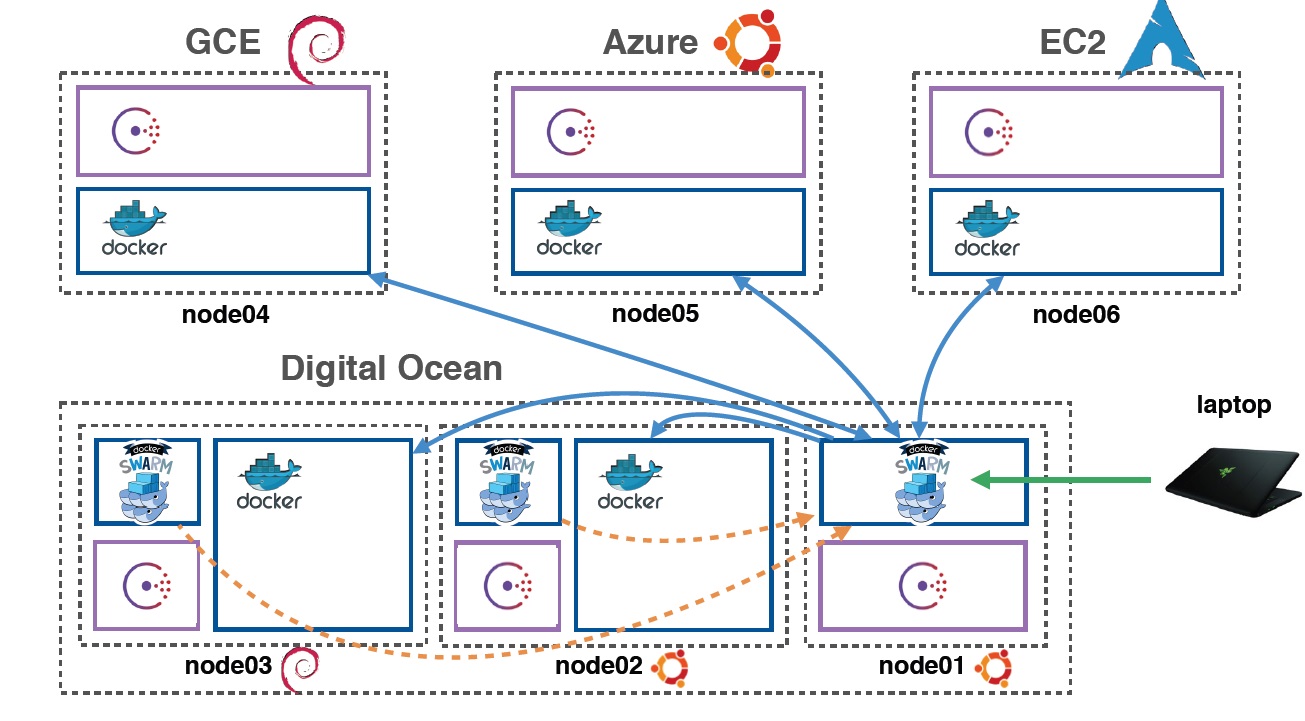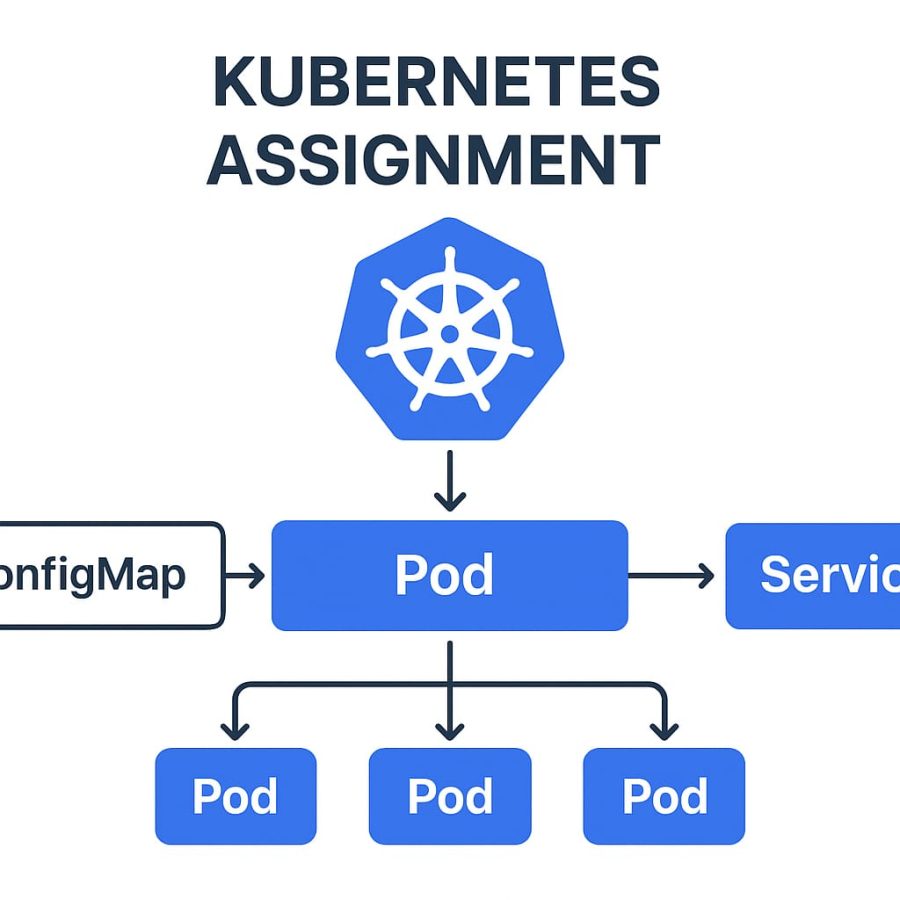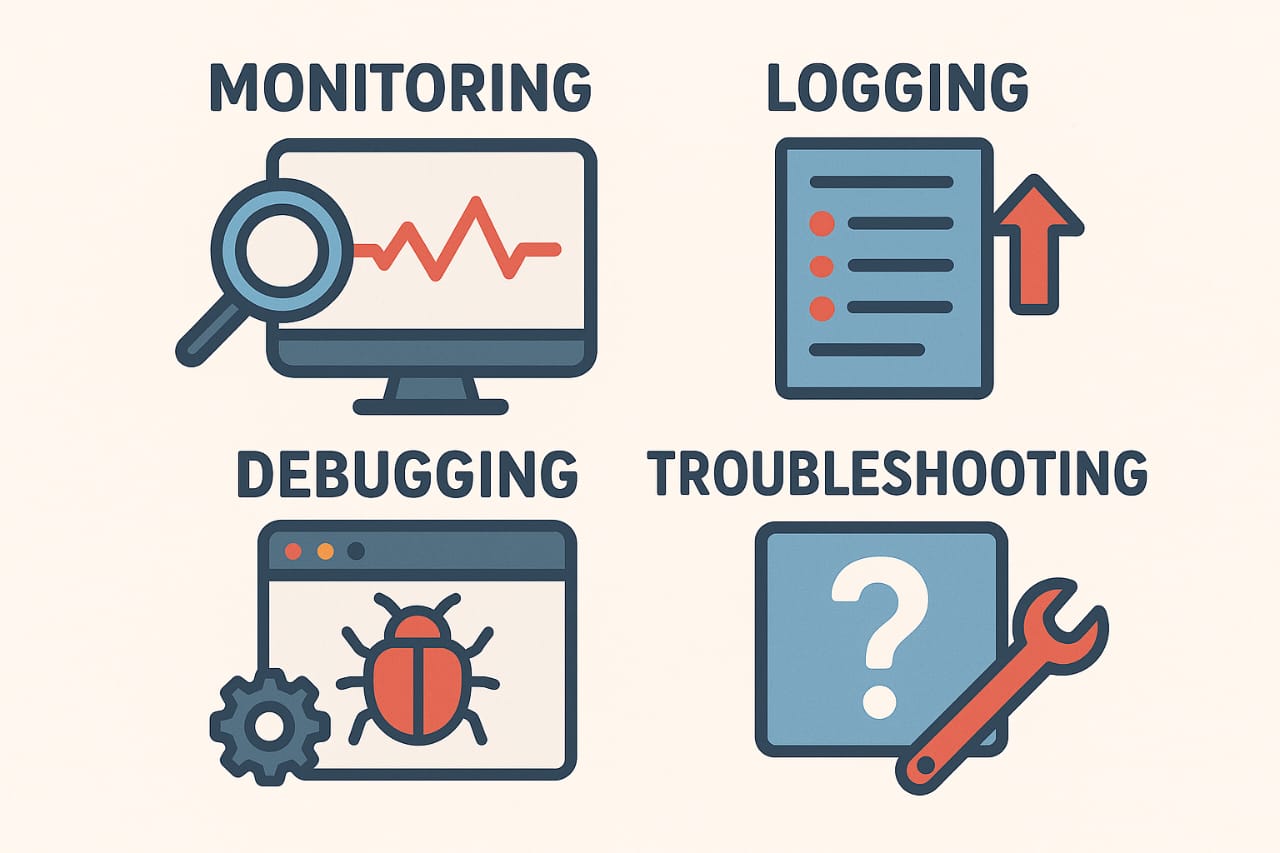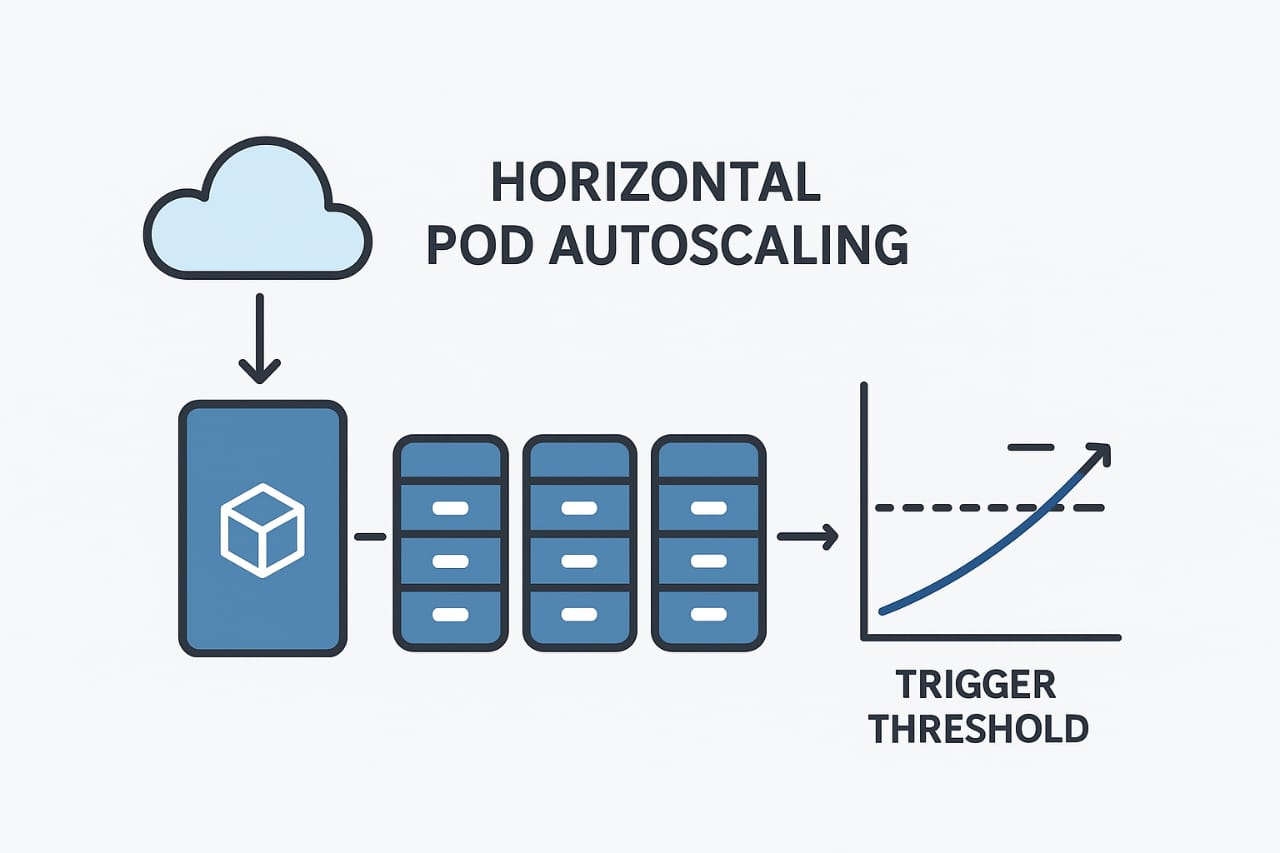Docker Part-4
Docker Part-4 Docker Swarm Visual is a powerful tool that makes cluster management simple and efficient. 1. Prerequisites At least 2 or 3 servers (can be virtual or real) Network access between the machines Linux-based OS (e.g., Ubuntu) 2. Terminology Quick Look Term Description Manager Node Controls the swarm cluster (scheduler, orchestration) Worker Node Executes […]









